Operation Neptune Spear: Today, 11 years ago, Navy SEALs killed Osama bin Laden
- By Stavros Atlamazoglou
Share This Article
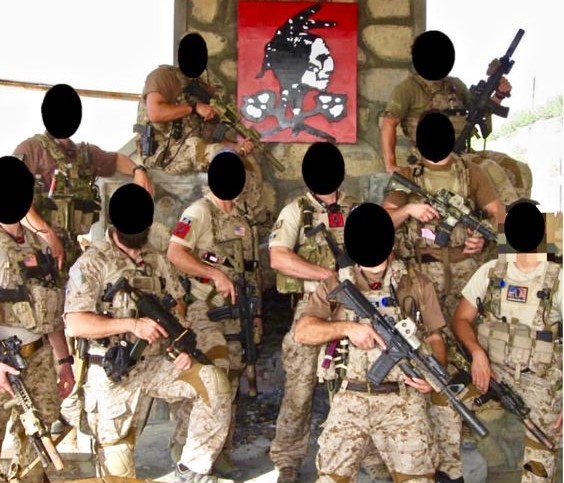
Today, eleven years ago, Navy SEALs killed Osama bin Laden during a covert operation in Pakistan. Operation Neptune Spear avenged the thousands of innocent people who were killed on 9/11.
On the early morning hours of May 2, 2011, a hand-picked force of Navy SEALs from Naval Special Warfare Development Group’s (DEVGRU) Red Squadron raided the compound where the leader of al-Qaida was hiding in Abbottabad, Pakistan.
In the ensuing operation, bin Laden and a few close associates were killed, while the SEALs also found troves of sensitive information.
Bin Laden’s compound was located just a mile away from the Pakistani Army’s military academy, their West Point.
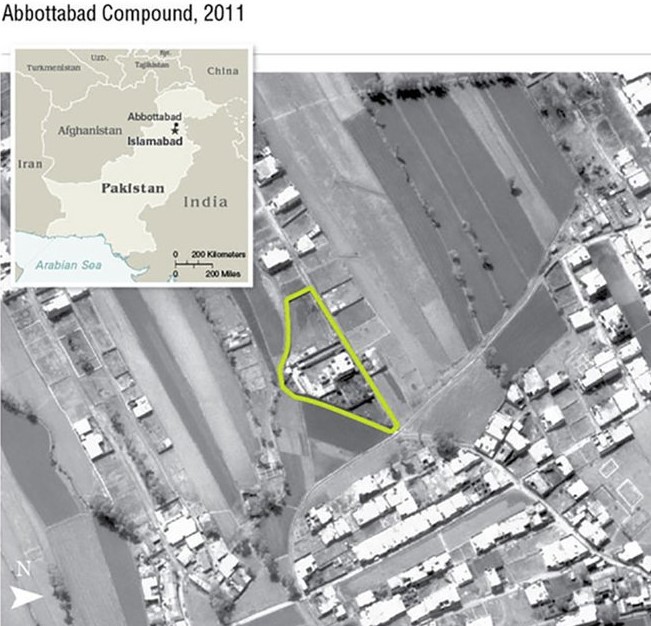
The hunt for the leader of al-Qaida and the mastermind behind the terrorist attacks of 9/11 took almost 10 years. Several members of the intelligence community dedicated a big part of their lives and careers to the hunt for bin Laden. The intelligence game behind Operation Neptune Spear and how bin Laden was found is fascinating and a testament to the capabilities and resourcefulness of the intelligence community.
After several false leads, the CIA tracked down a man who was believed to be very close to bin Laden and who was acting as his courier. Following months of tracking, the intelligence community assessed that there was a good possibility that bin Laden was hiding in Abbottabad.
The White House considered several options, including an airstrike, but ultimately went with the special operations raid option.
Helicopter hovering above Abbottabad at 1AM (is a rare event).
— Sohaib Athar (@ReallyVirtual) May 1, 2011
Besides one of the US military’s top ground special operations units, Operation Neptune Spear saw the usage of some of America’s top technology. A pair of specially modified MH-60 Black Hawk helicopters from the 160th Special Operations Aviation Regiment, the “Night Stalkers,” infiltrated and exfiltrated the SEAL operators from Pakistan. The two futuristic MH-60 choppers sported stealth technology that made them invisible to Pakistani radars and air defenses.
DEVGRU, formerly known as SEAL Team 6, is comprised of four assault squadrons (Blue, Red, Gold, Silver), an Advance Force Operations Squadron (Black), and an insertion Squadron (Gray).
There has been some controversy on why Pentagon chose SEAL Team 6 for Operation Neptune Spear and not Delta Force, their Army counterpart. Ever since the Global War on Terror took a twist after the invasion of Iraq in 2003, the Joint Special Operations Command (JSOC), which commands DEVGRU and Delta Force, had to divide its capabilities to meet the increasing demand for special operations forces effectively. DEVGRU took Afghanistan, while Delta Force took Iraq. That arrangement was reflected more recently in the Delta Force operation that killed Abu Bakr al-Baghdadi, the leader of the Islamic State, in Syria in 2019.
Read more from Sandboxx News
- SEAL Team 6 parachute skills distinct among special ops units
- How Admiral McRaven got fired from SEAL Team 6 (and what we can learn from it)
- Before the Navy SEALs came the Underwater Demolition Teams
- The F-16 pilot who tried to give her life to stop Flight 93 on 9/11
- Pat Tillman: The legacy of an athlete, patriot and Soldier
Related Posts
Sandboxx News Merch
-

‘AirPower’ Classic Hoodie
$46.00 – $48.00 Select options This product has multiple variants. The options may be chosen on the product page -

‘Sandboxx News’ Trucker Cap
$27.00 Select options This product has multiple variants. The options may be chosen on the product page -
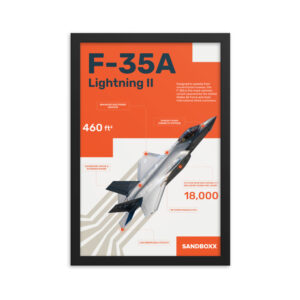
F-35 ‘Lightning’ Framed Poster
$45.00 – $111.00 Select options This product has multiple variants. The options may be chosen on the product page
Stavros Atlamazoglou
Greek Army veteran (National service with 575th Marines Battalion and Army HQ). Johns Hopkins University. You will usually find him on the top of a mountain admiring the view and wondering how he got there.
Related to: Breaking News, Military History, Special Operations
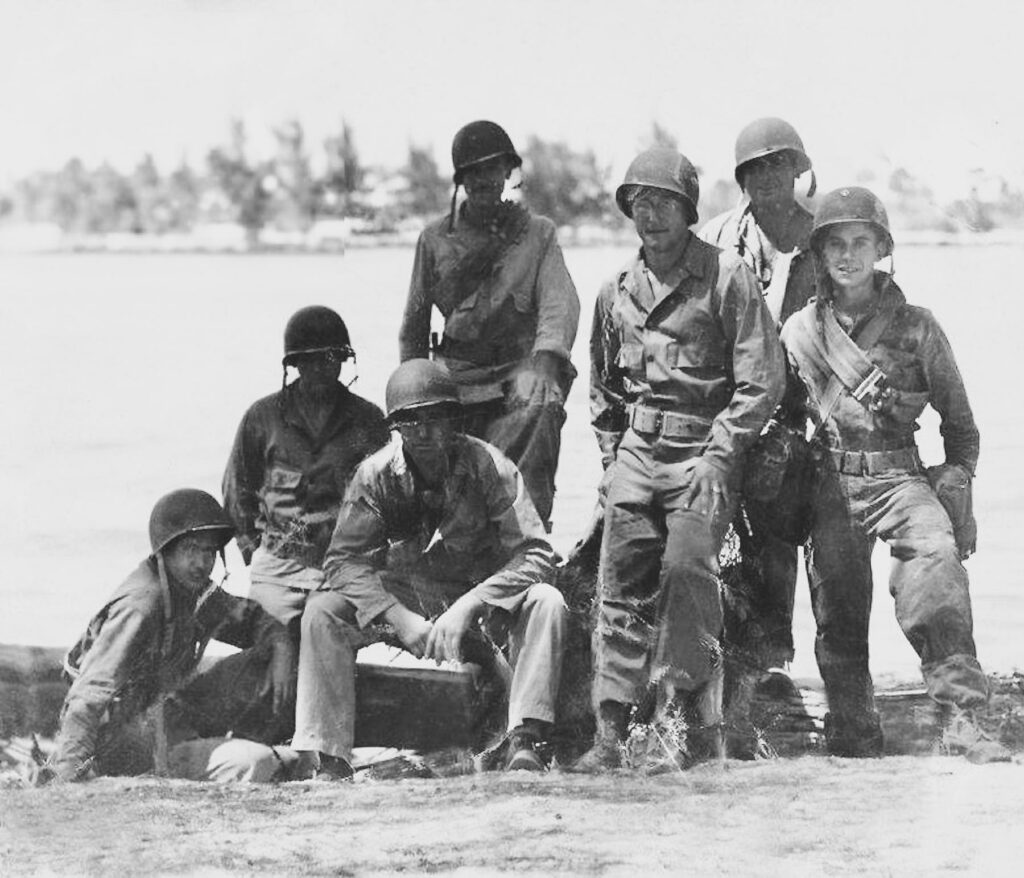
Before the Navy SEALs came the Underwater Demolition Teams
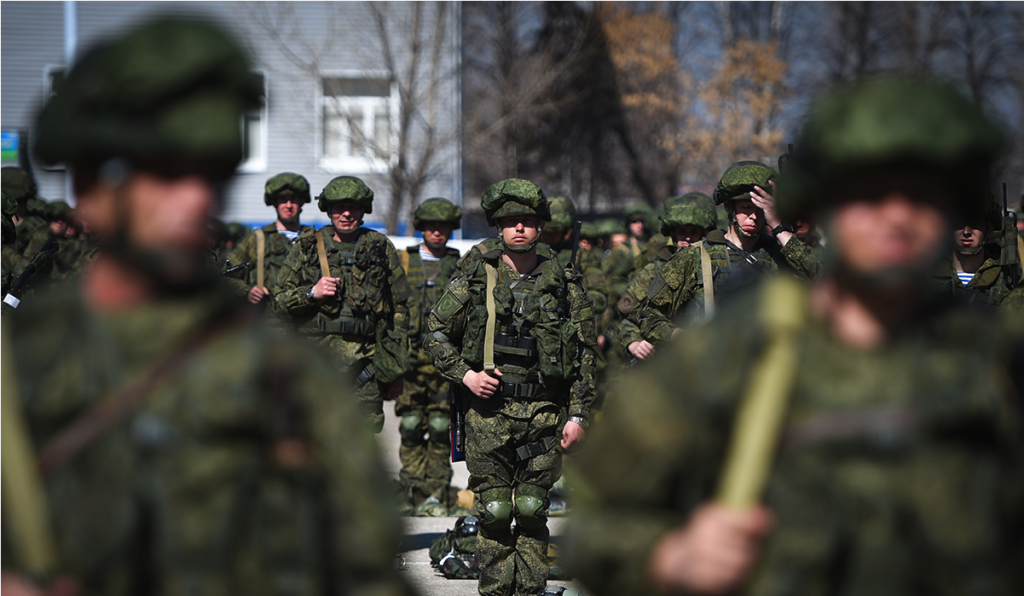
US is freezing military aid to Ukraine – and that will help Russia
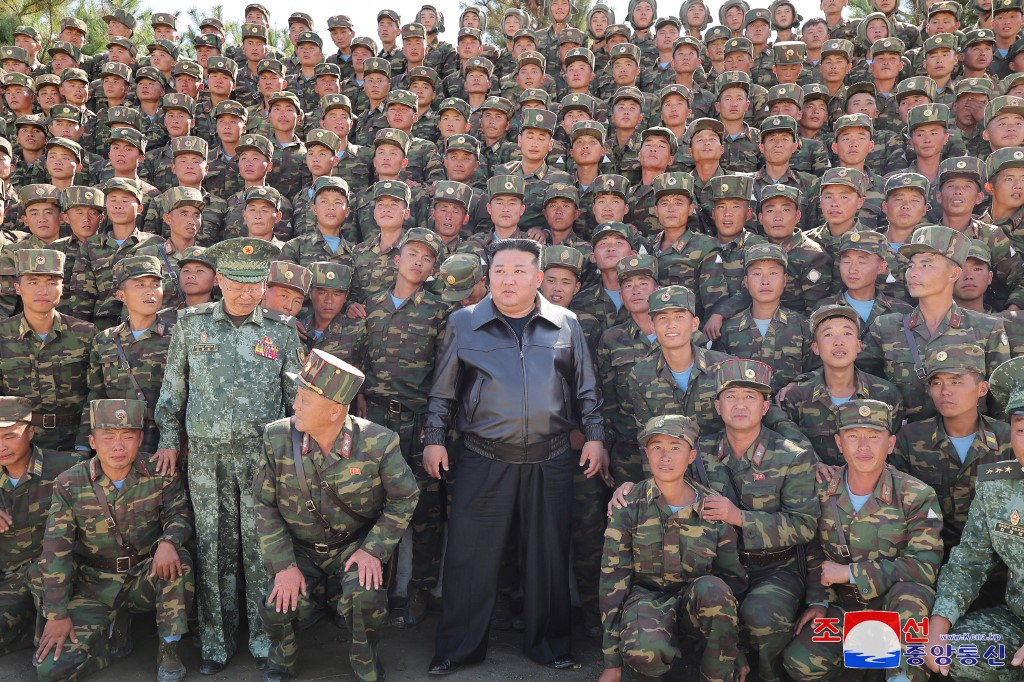
North Korean troops in Ukraine seem stuck in the Cold War, evidence suggests
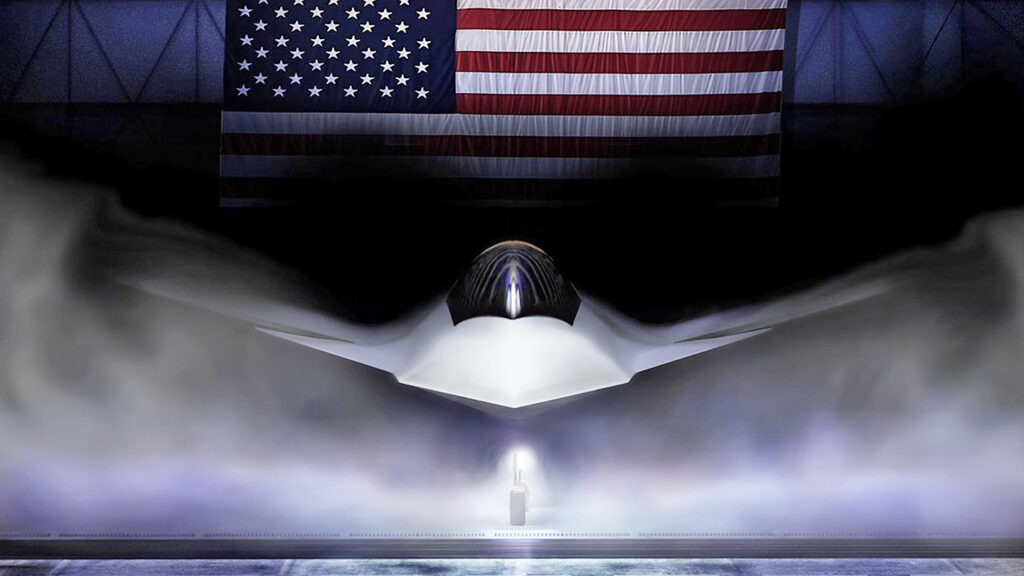
Boeing has managed to win the contract for America’s NGAD fighter
Sandboxx News
-

‘Sandboxx News’ Trucker Cap
$27.00 Select options This product has multiple variants. The options may be chosen on the product page -

‘AirPower’ Classic Hoodie
$46.00 – $48.00 Select options This product has multiple variants. The options may be chosen on the product page -

‘AirPower’ Golf Rope Hat
$31.00 Select options This product has multiple variants. The options may be chosen on the product page -

‘Sandboxx News’ Dad Hat
$27.00 Select options This product has multiple variants. The options may be chosen on the product page
